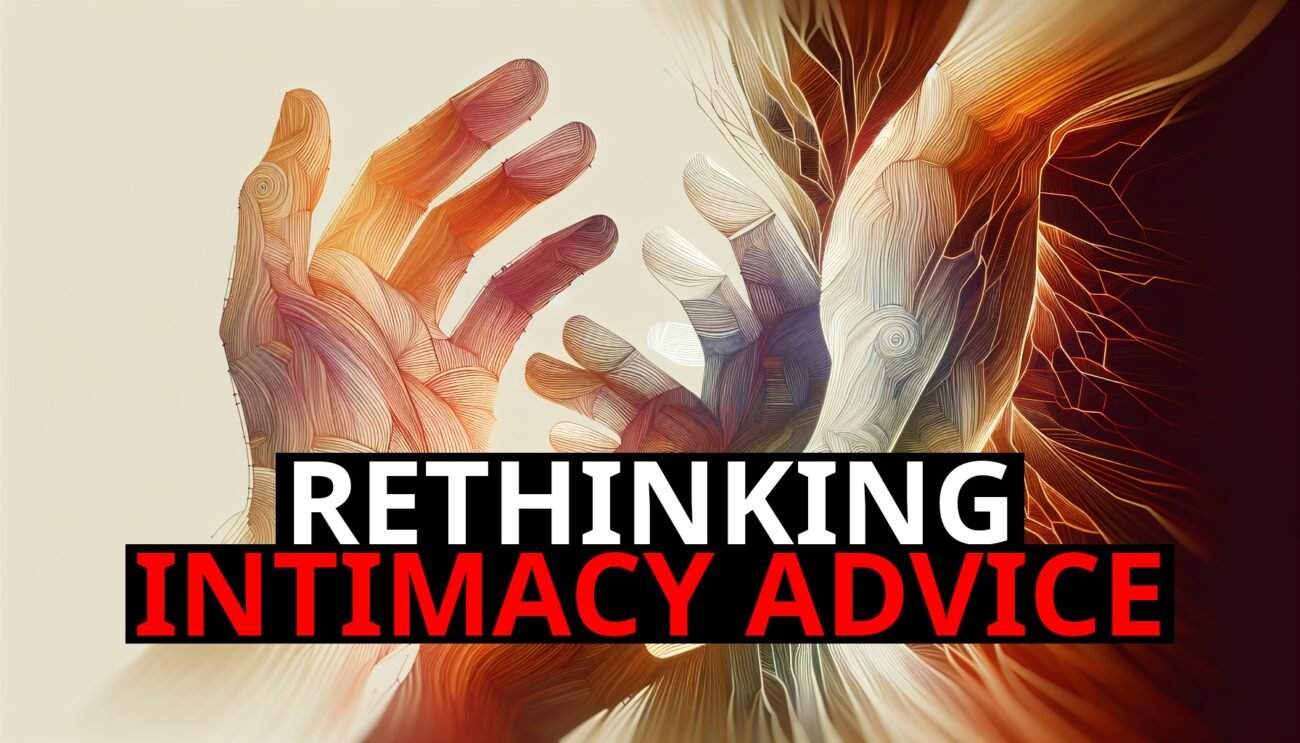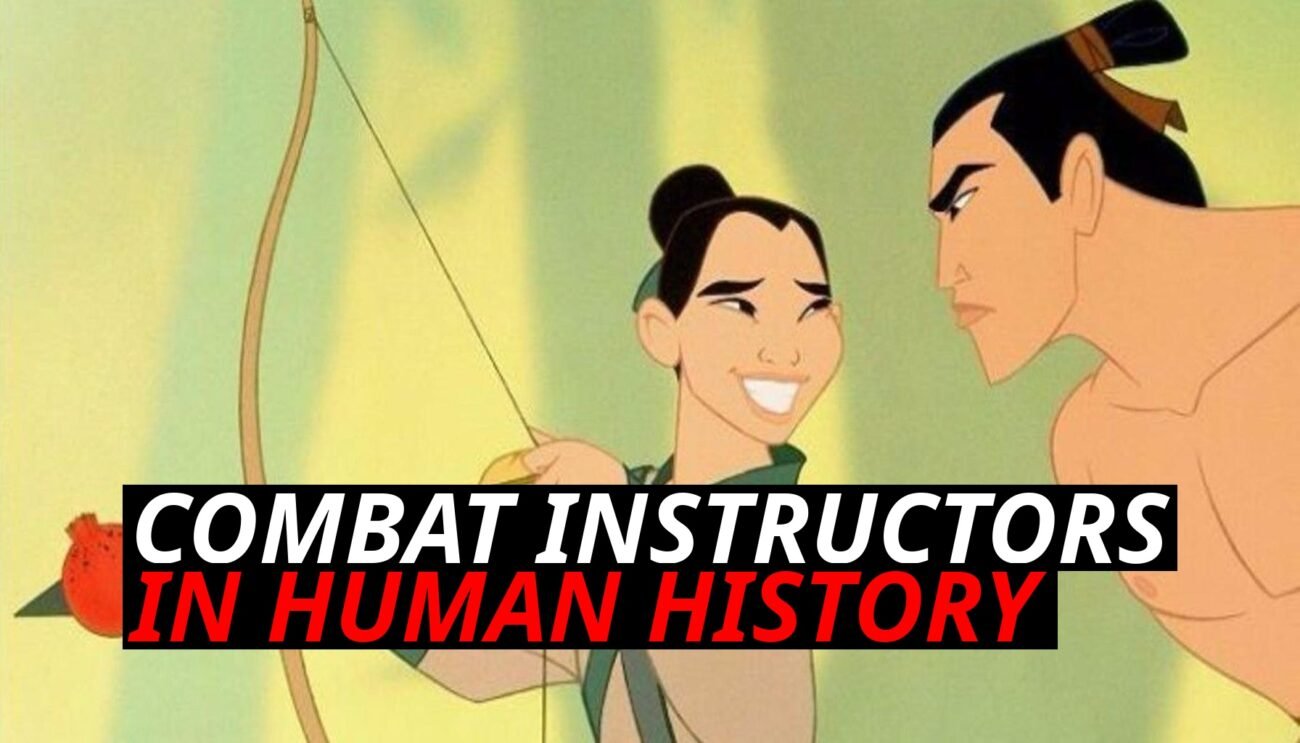What Happens When Women Start Asking “Why”?
Imagine a family gathering where tradition reigns supreme—grandparents’ names are honored, family recipes are passed down, and children automatically take their father’s last name. Then someone asks, “Why does the baby always get the father’s last name?” Suddenly, the atmosphere changes. What seemed like an unshakable norm is now under scrutiny, and not everyone is comfortable with the discussion.
When women start questioning traditional norms, it often disrupts the smooth flow of societal systems. These questions challenge established structures, creating friction in areas that rely on relational harmony and stability. While philosophical questioning is crucial for progress, it can be unsettling when applied to norms that serve to maintain societal order. Why does this happen, and what does it mean for the balance between tradition and innovation?
The Nature Of Traditional Norms
Traditional norms exist to provide stability and predictability within society. They:
- Reinforce Structure: Norms like family names or gender roles ensure a sense of order and continuity.
- Support Relational Harmony: By adhering to traditions, individuals avoid unnecessary conflict and maintain relationships.
- Optimize Efficiency: Established practices prevent the need to constantly renegotiate basic societal functions.
For example:
- A family name system simplifies lineage tracking, inheritance laws, and societal organization.
- Relational roles, such as caregiving or breadwinning, streamline family and community dynamics.
These norms persist because they work, even if their origins are rarely questioned.
Why Women’S Questions Cause Friction
When women question these norms, they challenge the very foundations of stability:
- Disrupting Harmony: Asking “why” about established practices can create tension, particularly in relational or family contexts.
- Challenging Efficiency: Traditions often exist to minimize decision-making complexity. Questioning them introduces uncertainty and requires new systems to be developed.
- Conflict With Relational Focus: Women’s natural inclination toward harmony clashes with the conflict that questioning norms inevitably generates.
For instance:
- Questioning why the baby takes the father’s last name disrupts a practice that has streamlined family structures for generations.
- Debating relational roles, like who should be the primary caregiver, forces families to renegotiate dynamics that were previously taken for granted.
While these questions can lead to progress, they often come at the cost of immediate relational stability.
The Gendered Approach To Questioning Norms
Men and women approach the questioning of norms differently:
- Men’s Questions Drive Systemic Innovation: Men often challenge norms in abstract, systemic contexts, leading to large-scale innovations without directly disrupting relational harmony.
- Women’s Questions Focus on Relational Norms: Women are more likely to question practices within families or communities, where stability and harmony are paramount.
For example:
- A man might question the efficiency of a government system, leading to structural reforms.
- A woman questioning why certain relational roles exist may inadvertently disrupt family dynamics.
This distinction explains why women’s philosophical questions often feel more personal and disruptive.
The Impact On Societal Harmony
While questioning norms is essential for progress, it can create challenges when applied to relational systems:
- Erosion of Trust: Challenging traditions may cause others to feel their values or identities are being invalidated.
- Loss of Stability: Without norms, families and communities may struggle to find a new equilibrium.
- Increased Emotional Labor: Questioning relational practices requires individuals to renegotiate roles, often creating additional stress.
For example:
- Changing a child’s last name to reflect both parents equally may seem fair but complicates legal, social, and familial systems that rely on uniformity.
These disruptions highlight the tension between progress and harmony.
Why Some Norms Are Harder To Question
Not all traditions are equally open to scrutiny. Norms tied to relational harmony are particularly resistant because:
- They Are Emotionally Charged: Family roles and traditions often carry deep personal and cultural significance.
- They Involve Multiple Stakeholders: Changing relational practices requires consensus, which is difficult to achieve.
- They Serve Immediate Needs: Unlike systemic norms, relational traditions provide immediate and tangible benefits, such as reducing conflict or streamlining decisions.
For example:
- While systemic changes like voting rights evolve over decades, relational norms, like who manages household responsibilities, are renegotiated daily and require immediate resolution.
This makes relational questioning particularly sensitive and prone to friction.
Balancing Progress And Harmony
The key to addressing these disruptions lies in finding a balance:
- Encouraging Thoughtful Questioning: Women’s questions should focus on improving norms without discarding their relational benefits.
- Introducing Gradual Changes: Instead of overhauling traditions, incremental adjustments can maintain stability while fostering progress.
- Valuing Complementary Roles: Recognizing the strengths of both traditional norms and questioning mindsets ensures a harmonious balance.
For example:
- Instead of eliminating family naming conventions, families might explore hybrid solutions, like hyphenated names, that honor tradition while adapting to modern values.
This approach minimizes friction while embracing change.
The Role Of Complementary Dynamics
Men’s systematizing and women’s relational focus create a dynamic that supports both progress and stability:
- Men Innovate Systems: By questioning systemic inefficiencies, men drive large-scale change.
- Women Refine Relationships: By questioning relational norms, women ensure that systems remain human-centered and equitable.
Together, these approaches create a society that evolves without losing its relational core.
When Questions Become Catalysts
Women’s philosophical questions, though disruptive, are essential for addressing inequities and improving relational practices. By questioning “why,” women challenge traditions that may no longer serve society’s needs, fostering growth and inclusion. However, the process requires sensitivity to the relational harmony that these norms are designed to protect.
The key lies in thoughtful questioning—balancing progress with stability to ensure that societal systems evolve while preserving the relationships that make them worth building. After all, it’s not about erasing traditions but ensuring they adapt to the needs of the present.













